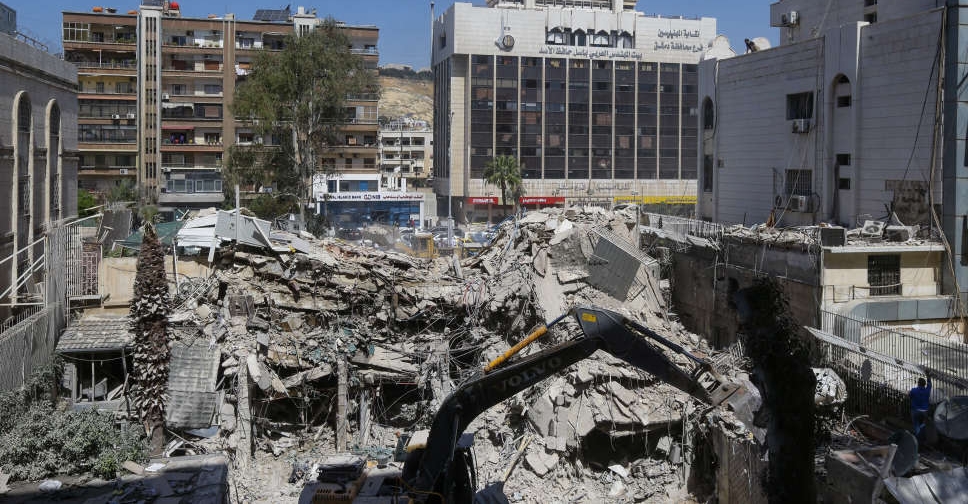
Iran vowed on Tuesday to take revenge on Israel for an airstrike that killed two of its top generals and five other military advisers at the Iranian embassy compound in Damascus, underlining the risk of further escalation after the unprecedented attack.
Conflict has rippled across the Middle East since the onset of the Gaza war; until now, Tehran has carefully avoided direct conflict with Israel while backing allies attacking Israeli and US targets.
Israel has not declared responsibility for the attack which destroyed a consular building adjacent to the main embassy building in the upscale Mezzeh district of Damascus on Monday night, killing seven members of Iran's Revolutionary Guards.
But a senior Israeli government official, speaking to Reuters on condition of anonymity, said those hit had "been behind many attacks on Israeli and American assets and had plans for additional attacks".
The embassy "was not a target", the official said.
Iranian Supreme Leader Ayatollah Ali Khamenei vowed revenge. "The Zionist regime will be punished by the hands of our brave men. We will make it regret this crime and others it has committed," he said.
Khamenei's political advisor Ali Shamkhani, in a post on X, said the United States "remains directly responsible whether or not it was aware of the intention to carry out this attack".
At least one member of the Iran-backed Lebanese group Hezbollah was also killed in the strike, two security sources in Lebanon said.
Israel has stepped up a years-long campaign of airstrikes against Iranian or Iran-backed targets in Syria since the onset of the Gaza war, but Monday's apparent strike was one of the boldest yet.
Syrian civil defense teams were still working on Tuesday to clear the rubble as ambulances were parked nearby.
Iran's ambassador to Syria Hossein Akbari, who was not wounded in the strike, has said the flattened building housed his residence. He could be seen exiting the main embassy building on Tuesday with his security guards.
Iranian President Ebrahim Raisi said Israel "has put blind assassinations back on its agenda to save itself.
"It must know that it will never achieve its goals and that this cowardly crime will not go unanswered."
The New York Times cited four unnamed Israeli officials as acknowledging Israel had carried out the attack.
Iran's UN mission described the strike as a "flagrant violation of the United Nations Charter, international law, and the foundational principle of the inviolability of diplomatic and consular premises."
Saying the strike was "a significant threat to regional peace and security," the Iranian mission urged the UN Security Council to condemn the attack and said Tehran reserved the right "to take a decisive response."



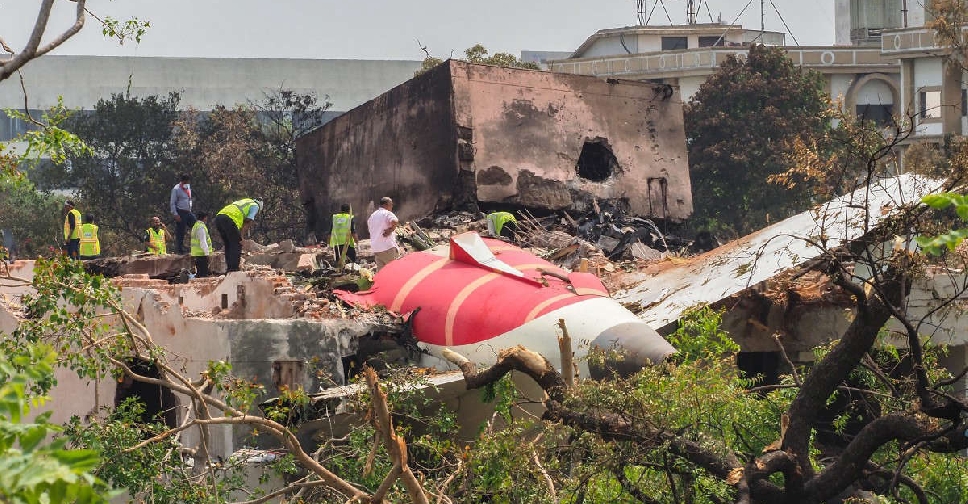 Air India crash report shows pilot confusion over engine switch movement
Air India crash report shows pilot confusion over engine switch movement
 Trump visits Texas flood zone, defends government's response
Trump visits Texas flood zone, defends government's response
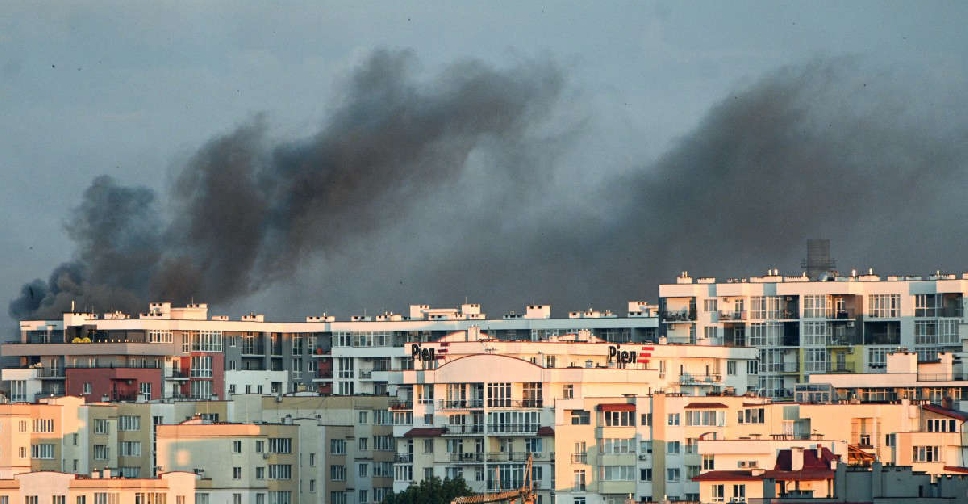 Russia attacks west Ukraine with drones and missiles
Russia attacks west Ukraine with drones and missiles
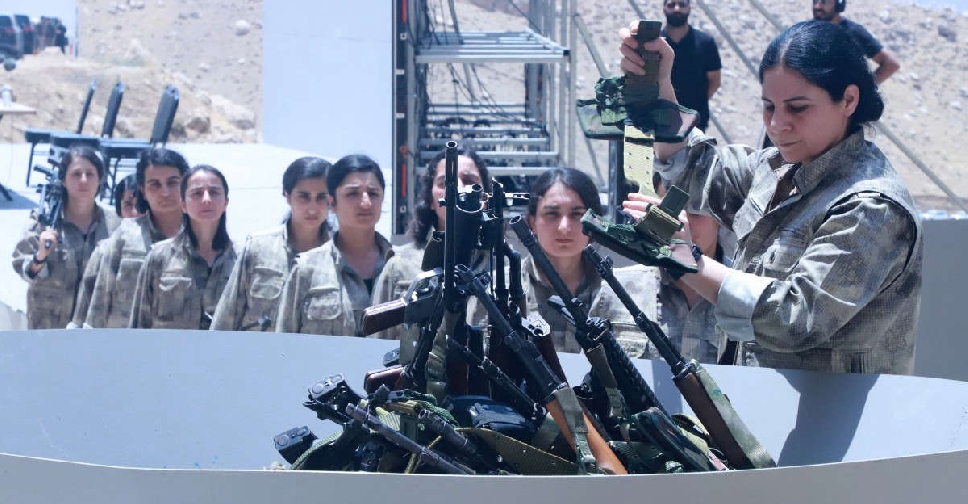 PKK fighters burn weapons in Iraq to start disarmament
PKK fighters burn weapons in Iraq to start disarmament
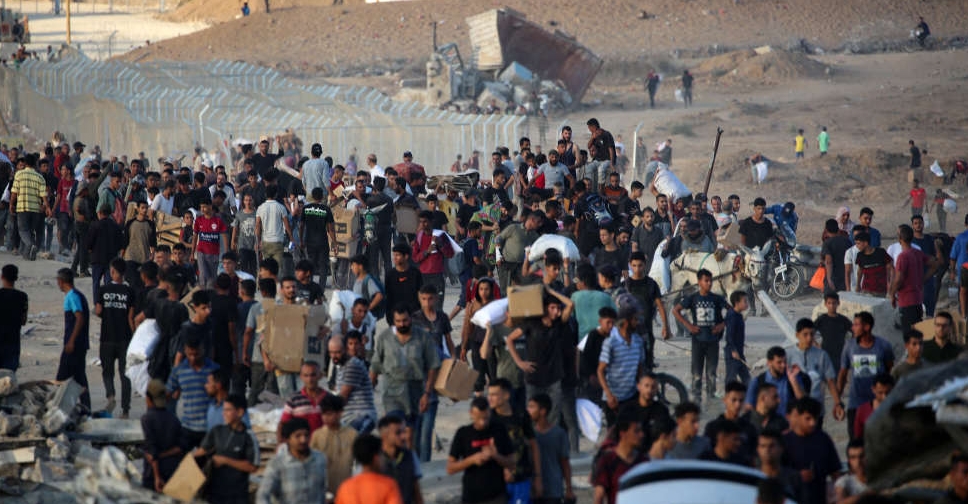 UN reports 798 deaths near Gaza aid hubs in six weeks
UN reports 798 deaths near Gaza aid hubs in six weeks
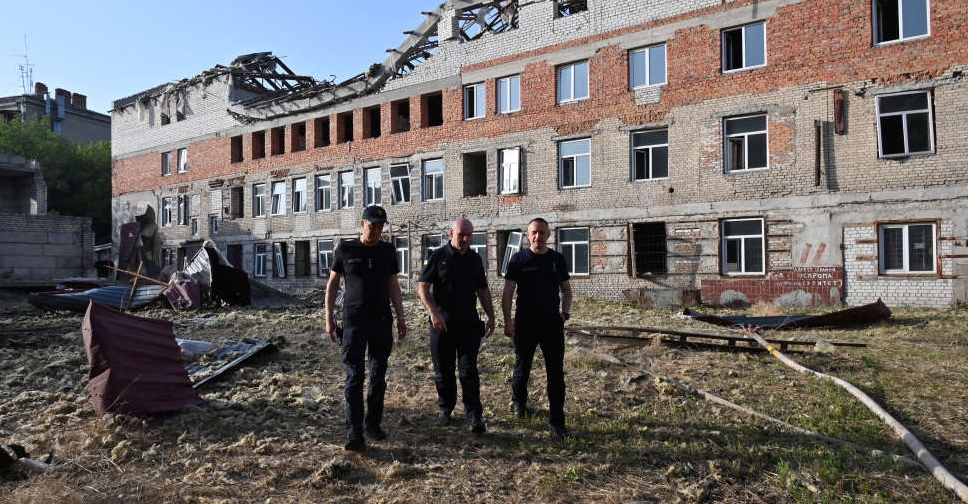 Russian attack on Kharkiv damages maternity hospital, sending patients fleeing
Russian attack on Kharkiv damages maternity hospital, sending patients fleeing
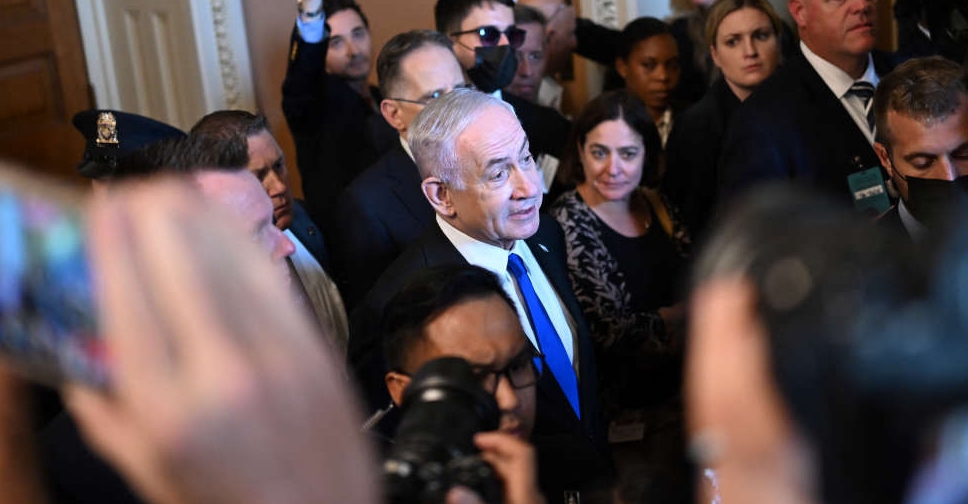 Hostage deal nears amid ceasefire talks between Israel, Hamas
Hostage deal nears amid ceasefire talks between Israel, Hamas
 Secret Service agents suspended over 2024 Trump assassination attempt
Secret Service agents suspended over 2024 Trump assassination attempt




